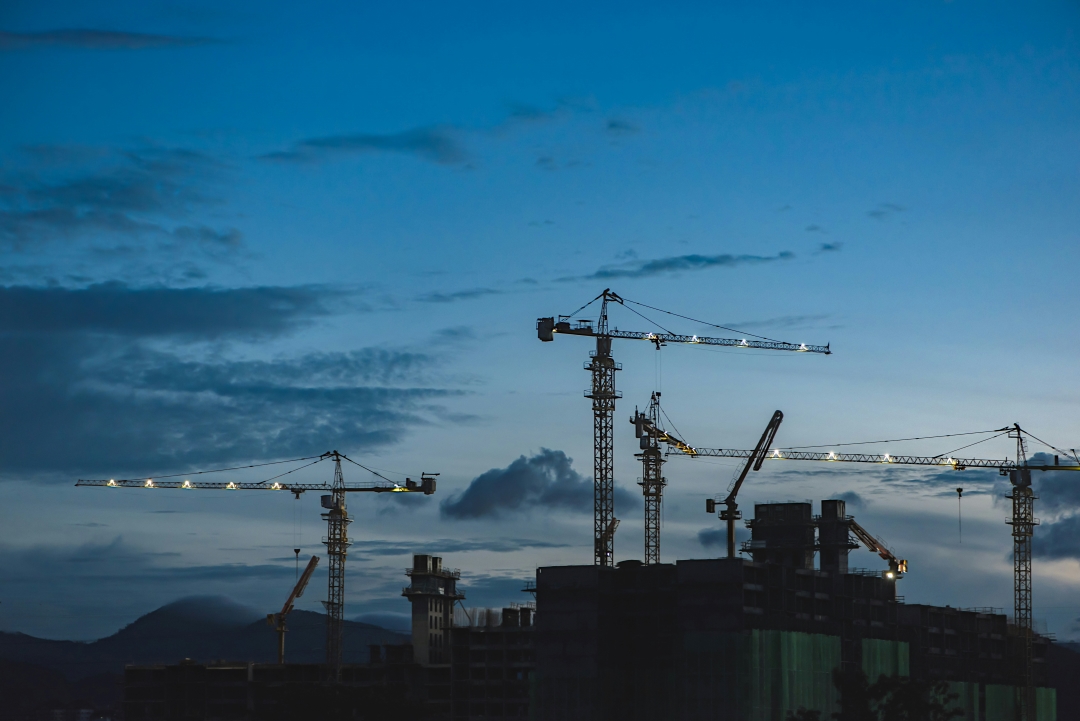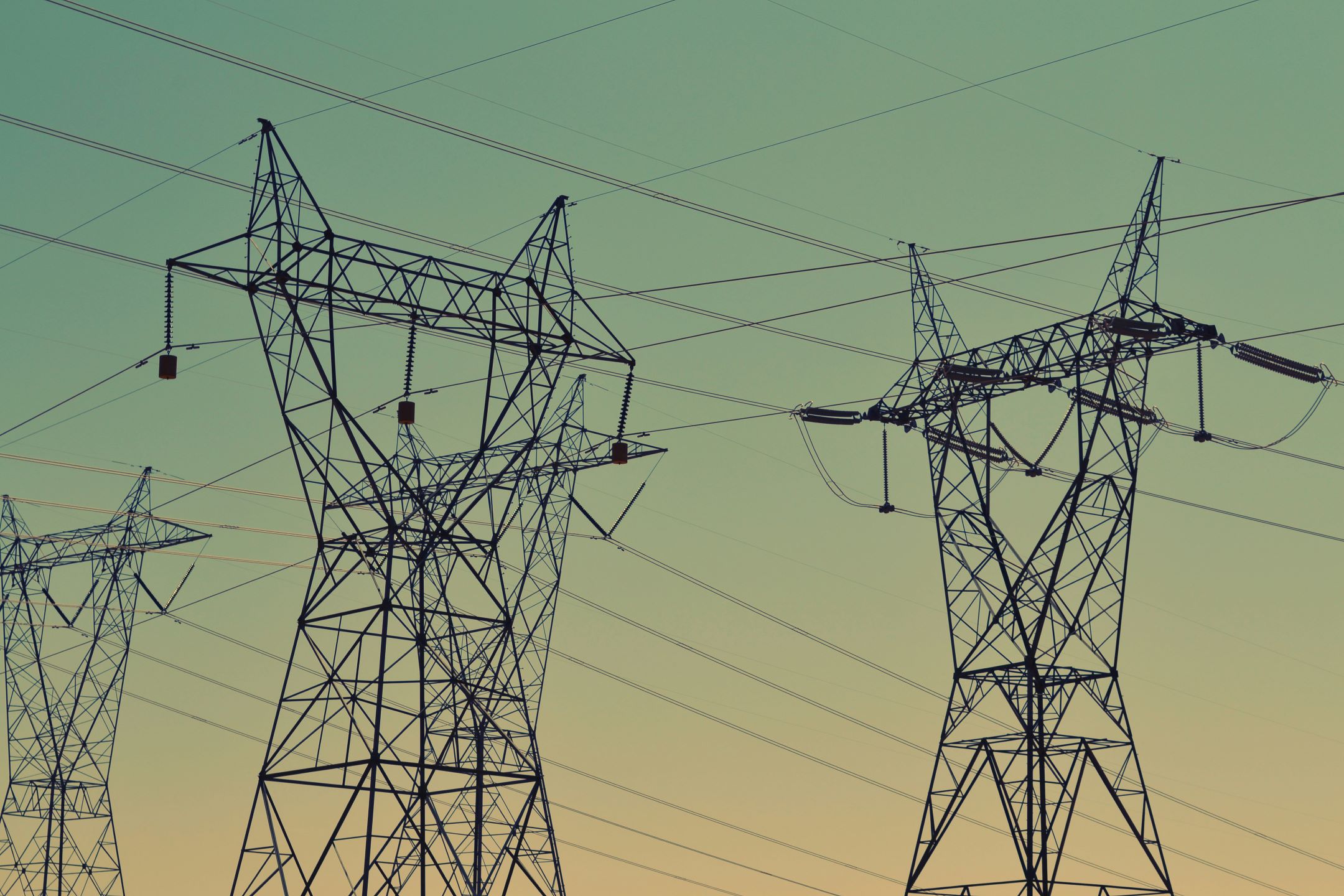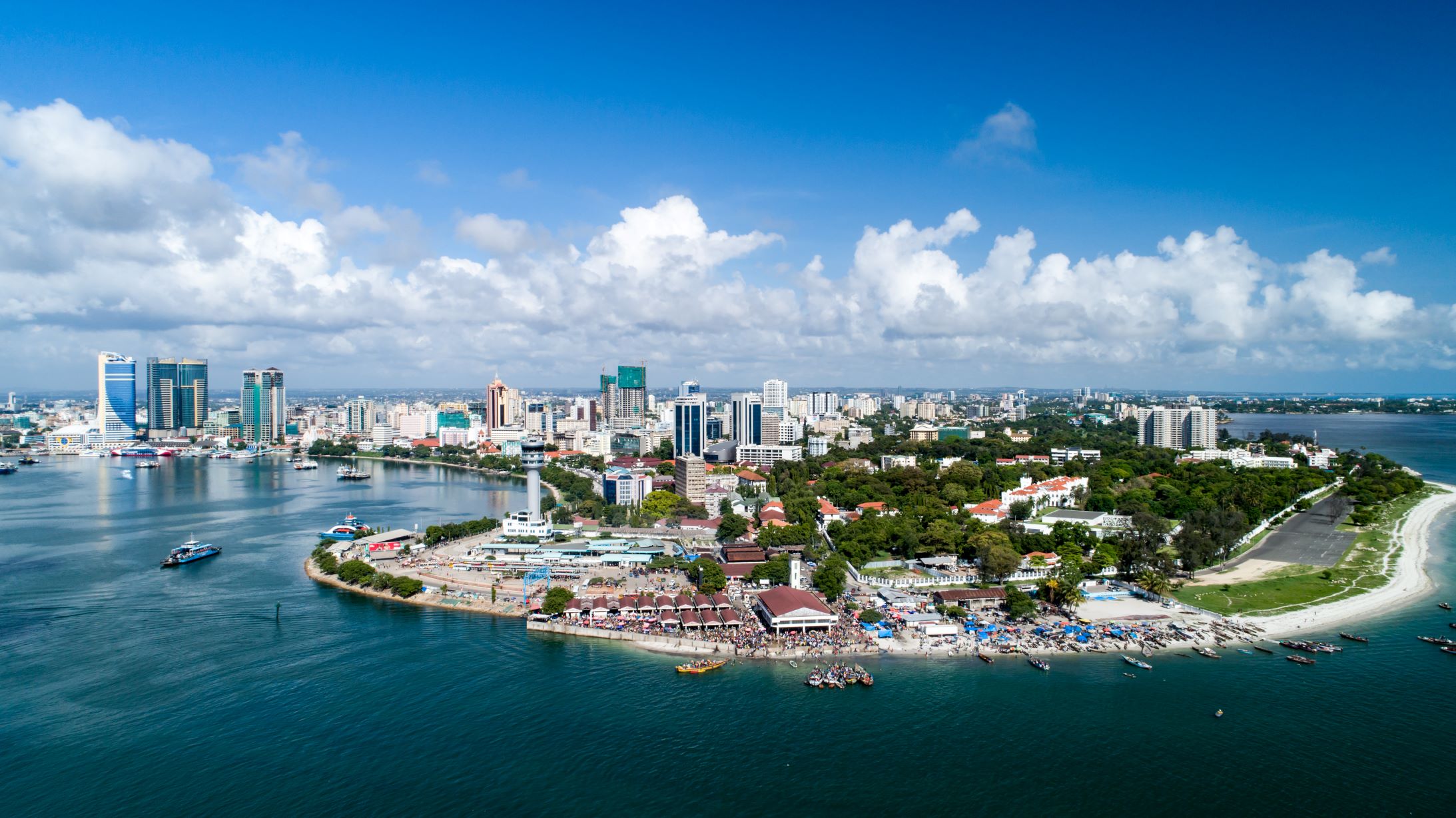Africa’s rapid economic growth has created a surging demand for energy across key sectors, including mining, telecommunications, information technology, transport, logistics, and healthcare. As a result, the need for clean energy has witnessed exponential growth globally and regionally, with variations in demands across different regions.
According to the International Energy Agency, global investment in clean energy is expected to reach USD 1.7 trillion by 2023, presenting a massive opportunity for Africa to harness its abundant energy sources, such as solar, geothermal, natural gas, and wind power, which are vital components of clean energy production. Additionally, the agency estimates that Africa will require over USD 190 billion annually from 2026 to 2030, with two-thirds allocated to clean energy projects.
Challenges and Opportunities
While significant progress has been made in Africa’s energy transition, there remains a pressing need for increased financing, technical support, knowledge expertise, and robust policies to fully capitalise on the continent’s natural resource abundance for the transition. To address these challenges, African countries should prioritise expanding energy infrastructure, identifying investment requirements, exploring financing options, and shaping effective energy policies.
“With proper dialogue, policies and procurement of projects in an efficient manner, I think we can chip away at the problem…We need to ensure different government and international bodies are on the same wavelength, talking to each other and working relatively seamlessly.” Amyn Mussa, Partner, Anjarwalla & Khanna (ALN member firm in Kenya)
Nevertheless, Africa has achieved remarkable strides in a relatively short period by leveraging its abundant natural resources to generate energy and strengthen national and regional power grids. Below are some of the strides made by Africa to ensure that it is part of the global energy transition aimed at mitigating climate change:
- Renewable Energy Expansion
Many African countries have set ambitious renewable energy targets and implemented supportive policies to foster the growth of clean energy. According to the United Nations, renewable energy in Africa is projected to surge and make up almost half of power generation growth in the sub-Saharan parts of the continent by 2040. For example, some countries such as South Africa serve as an exemplary case, making significant solar and wind power advancements. Additionally, Egypt’s collaboration with the UAE to build a 10 GW wind farm, with a USD 10 billion investment, showcases Africa’s commitment to renewable energy.“Nigeria has one of the largest gas reserves in Africa. Therefore, the focus should be on utilising these reserves to generate energy and reduce the current deficit. This means that significant financing should go into these types of green projects, which are mainly in the South and some other renewable energy projects that are likely to thrive in the North” – Oludare Senbore, Partner, Aluko & Oyebode (ALN member firm in Nigeria)
- Off-Grid Solutions
The rising cost of electricity has prompted the adoption of off-grid and decentralised renewable energy solutions across rural and urban areas in Africa. Solar home systems and mini-grids have emerged as cost-effective alternatives to traditional fossil fuel-based sources, significantly improving energy access. For example, private companies offering off-grid solutions such as ENGIE provide pay-as-you-go solutions to customers in need of off-grid solutions. This service helps businesses to avoid upfront costs and offer solutions at a cheaper cost. The service provider currently serves 8 million people across nine African countries.“There’s a huge gap in the demand and supply for energy in Ethiopia, and with a population of 120 million, only 44 million have access to electricity. The lack of electricity is worse in rural areas, where 27% of the people have access to electricity. This calls for more off-grid solutions which are affordable and will increase supply to the businesses and people who are in need.” Mesfin Tafesse, Principal Attorney, Mesfin Tafesse and Associates Law Office (ALN member firm in Ethiopia)
- Regional Collaboration
African countries have established regional initiatives and organisations to facilitate cross-border energy trade and cooperation. For instance, the African Union’s Agenda 2063 includes the Africa Renewable Energy Initiative, aiming to achieve universal access to sustainable energy across the continent. Another initiative under the Africa Union is the African Energy Transition Programme meant to accelerate the African Energy Transition and transformation required in the continent to foster jointly inclusive economic growth, wealth creation, poverty eradication, and inequality reduction in a sustainable climate compatible manner.
- International Support
This is among the most crucial aspects of Africa’s energy transition, encompassing financial assistance, technical expertise, and knowledge sharing. Organisations such as the World Bank, African Development Bank, International Renewable Energy Agency (IRENA), and the European Investment Bank have played a crucial role in providing financial and technical aid. African countries should seize the opportunity to maximise this support by formulating progressive policies that benefit the overall population in their jurisdictions.“Africa has tremendous opportunities in the energy sector. For instance, Guinea has vast untapped resources, which require significant infrastructure to be built around key energy and mining projects. Investors could benefit from these projects with the country being capable of producing electricity that other West African countries can export.” – Salimatou Diallo, Managing Partner, ADNA (ALN member firm in Algeria, Guinea, Côte d’Ivoire and Morocco)
Potential to Lead Global Clean Energy Revolution
Africa’s energy transition remains an ongoing process. According to the International Energy Agency, the continent has a long way to go compared to other regions in terms of infrastructure development related to renewable energy. However, by creating a favourable framework and embracing off-grid solar energy solutions, Africa can significantly enhance energy access for the 600 million currently lacking. The European Investment Bank states that this figure can be significantly reduced by adopting affordable, clean, and reliable electricity through solar home systems, particularly in areas where grid or mini-grid connections are not yet feasible.
To seize this opportunity, African countries must address their challenges by securing adequate financing, accessing quality technical support, fostering knowledge and expertise, and implementing favourable policies. The continent’s progress in leveraging natural resources for energy generation has been substantial. However, much work must still be done to achieve a sustainable and prosperous future for Africa.
Africa Union | European Investment Bank | International Energy Agency | United Nations


